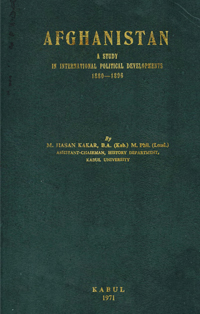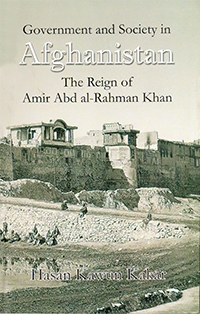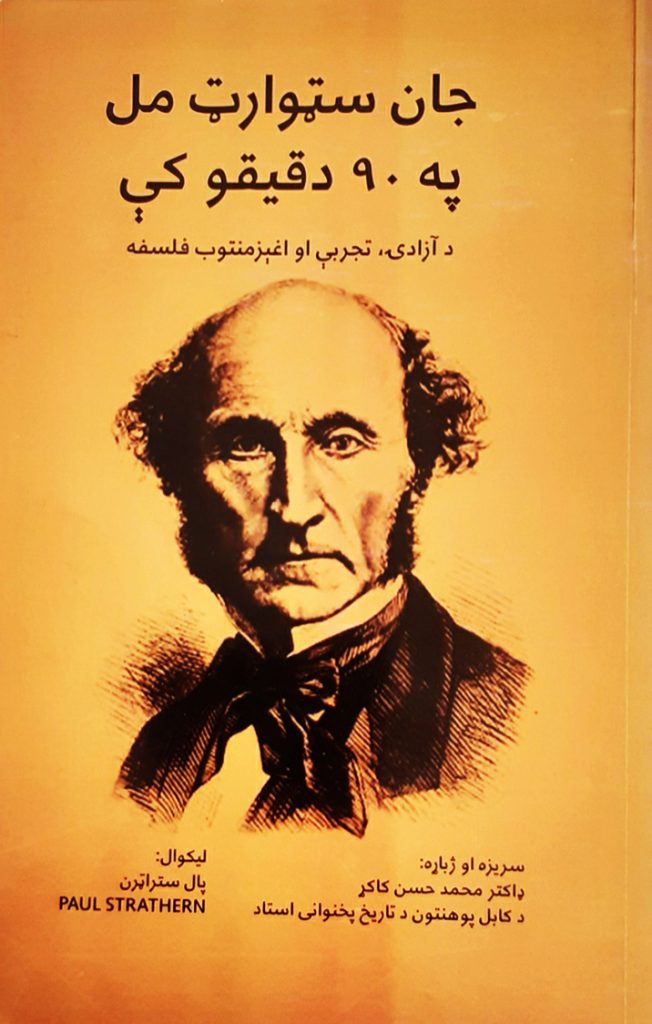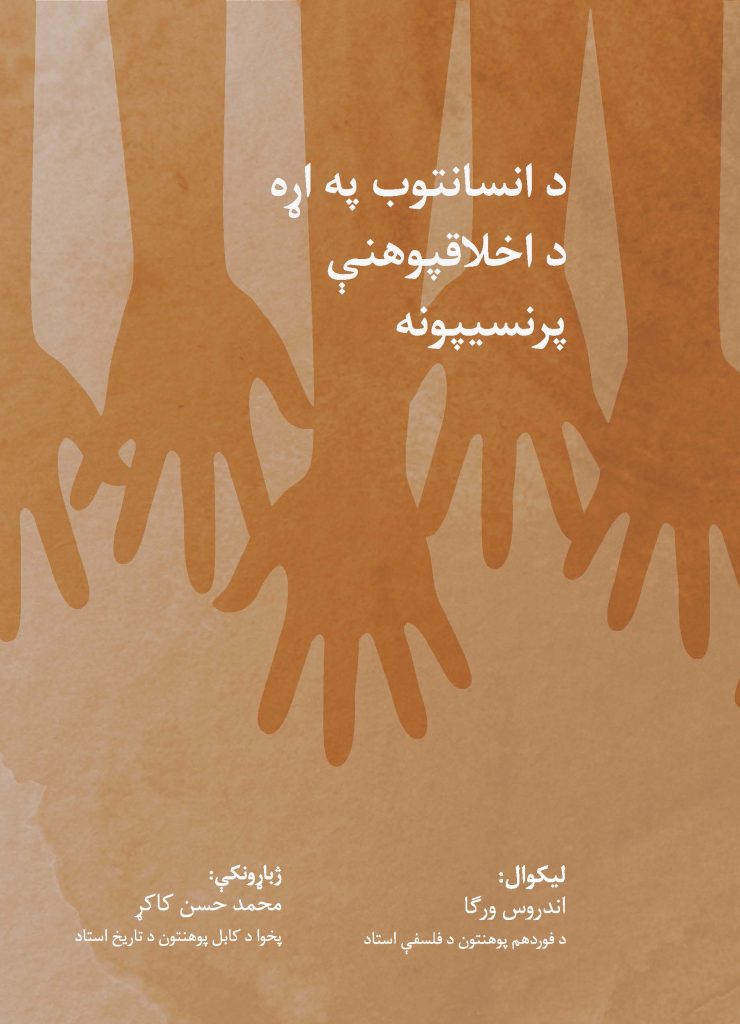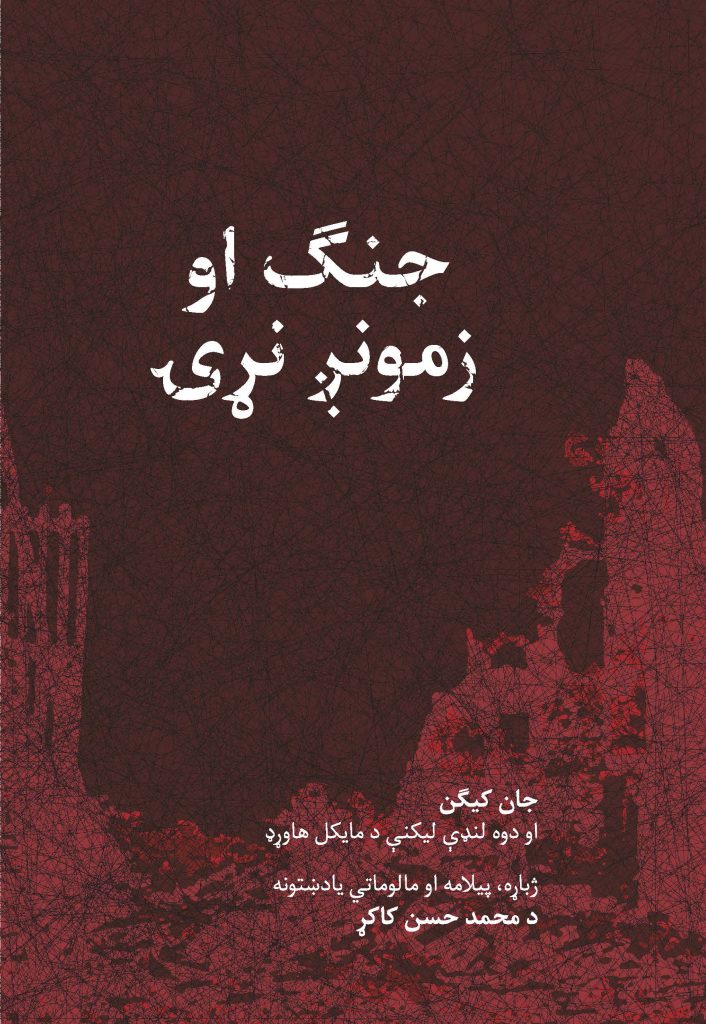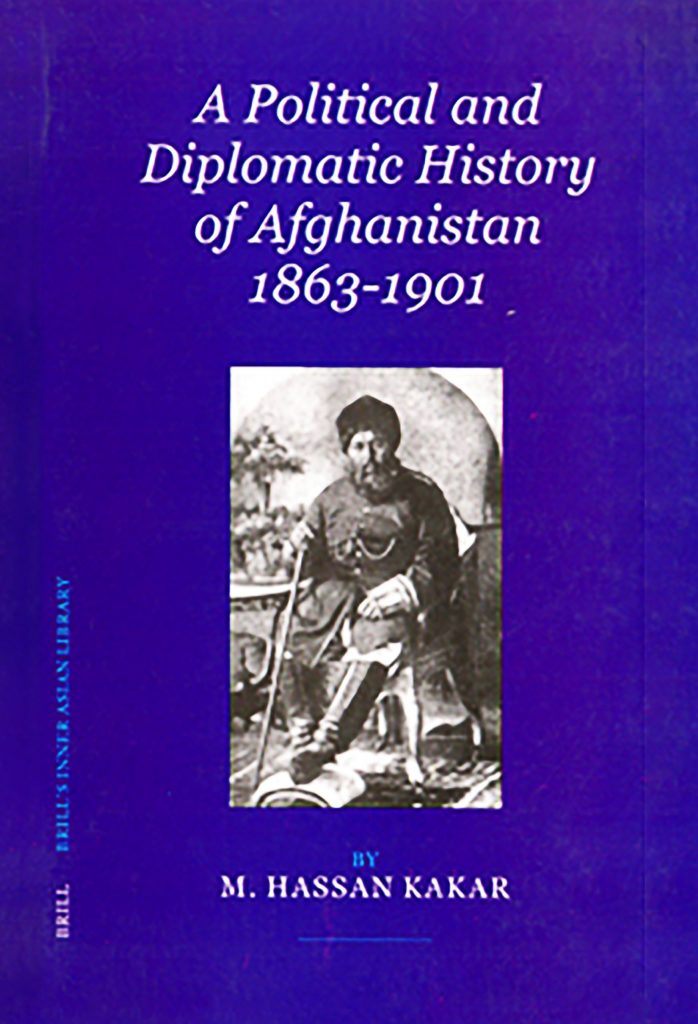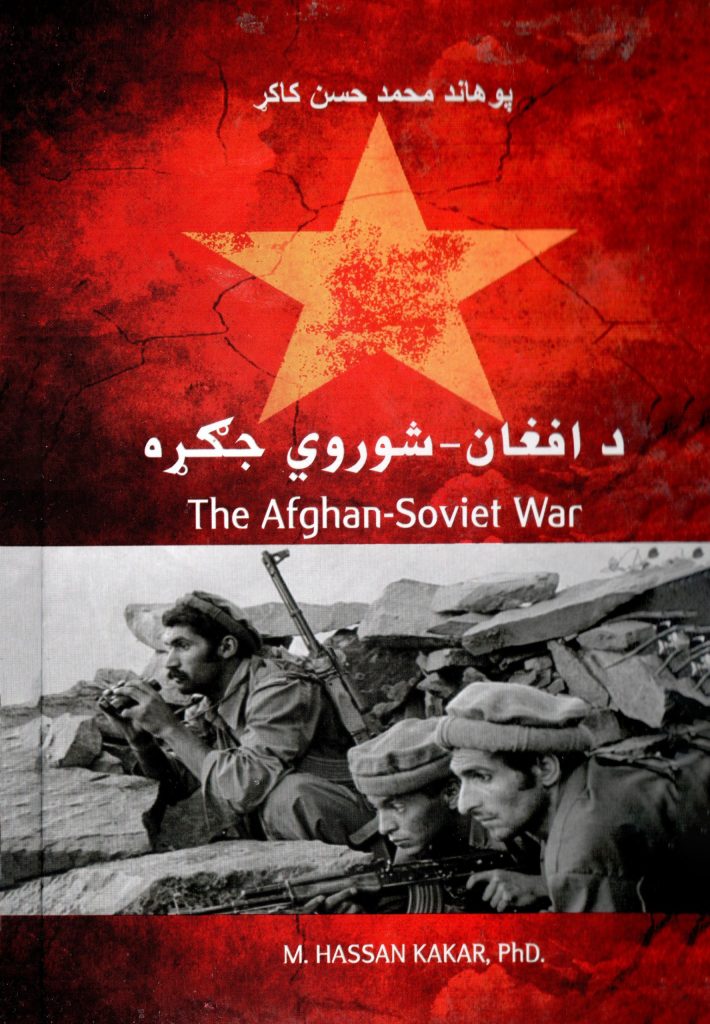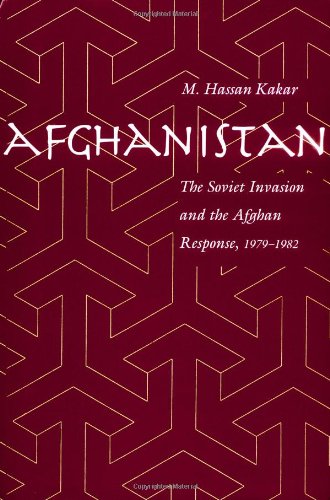The Reign of King Amanullah Reconsidered
It is a short description of a turbulent short reign of King Aman Allah (1919-1929). In 1880 the British government of India had succeeded in monopolizing the conduct of the external relations of Afghanistan. By the end of the First World War a movement for full independence as well as the introduction of western civilization had become strong and the young king responded to it and consequently became a hero king. But in the introduction of western civilization his reforms consisted of measures which were mainly commendable to nearly all, and were partly most provocative to the conservative elements of society. Since in the traditional society of Afghanistan the latter were in majority, they responded violently. Then there were risings against the kings and his reforms. The overall result was the flight of the king, and the complete failure of the first comprehensive reforms in Afghanistan and the beginning of a nine-month civil war.
The Reign of King Amanullah Reconsidered Read More »


